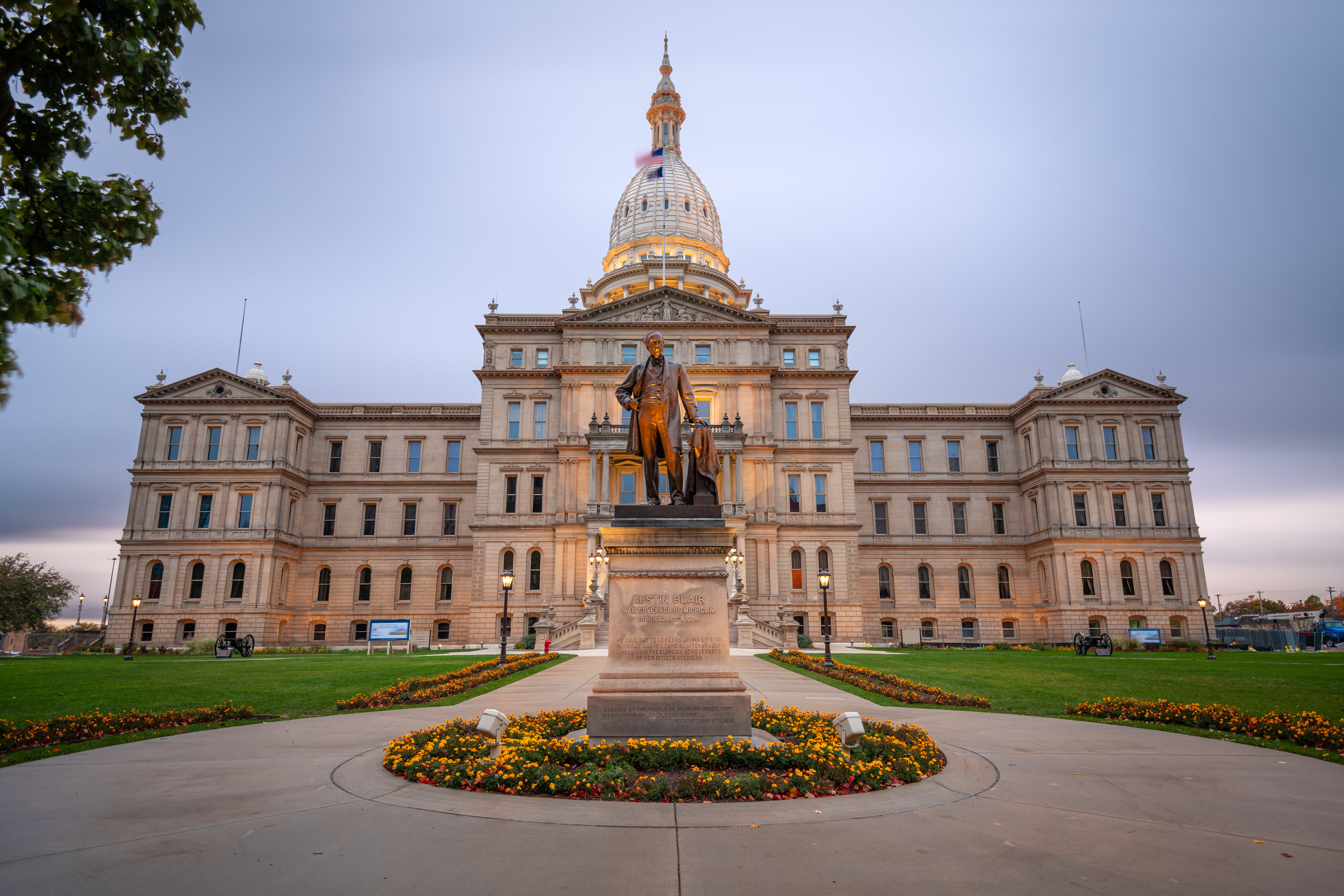With a new legislative session starting in Michigan, lawmakers in both political parties are filing bills that could become law by the end of the session. One of the more notable bill proposals was a proposed repeal of the state’s Right-to-Work law, which caused a major stir between Big Labor, small businesses, and workers.
The bill, known as Senate Bill 0005, would reverse many, if not all, worker protections enshrined by the current Right-to-Work law. The bill removes text stating that Michigan workers cannot be forced, intimidated, or compelled to join a labor union, which may lead to union-backed intimidation or coercion. Instead of paying dues, the bill proposal called for Michigan workers to pay a “service fee that may be equivalent to the amount of dues” for a labor union.
The bill’s sponsor, State Senator Darrin Camilleri, tweeted, “My first bill of the term is to repeal the anti-union, so-called Right to Work bill. It’s time to restore power to working people.” Camilleri added several claims, such as Michiganders dealing “with the effects of this unjust law” and repealing Right-to-Work law will “finally grant workers greater freedom to join a union.”
However, Camilleri’s statements contradict the bill’s text, which removed language that specifically protects Michigan workers from compulsory unionization and dues payment.
Critics pointed out that Big Labor is targeting the state’s Right-to-Work law to restore union membership to previous levels. Currently, union membership in the state sits at 13%, a 4% decrease from 2012 (a year before Michigan’s Right-to-Work law went into effect).
